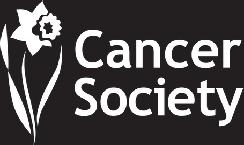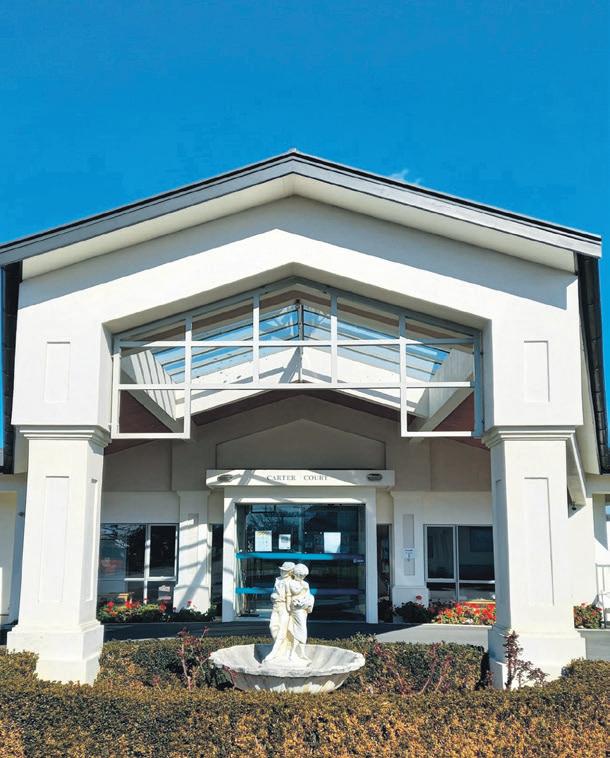












































Practice Nurses are usually the first point of primary care contact for people seeking health services. They are highly trained, and work with General Practitioners (GPs) and others in practices like the medical centre at Whaiora.


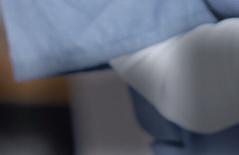


International Nurses Day (IND) is celebrated annually around the world on 12 May, the anniversary of Florence Nightingale’s birth.
Nightingale is known as the founder of modern nursing. She improved hygiene and living standards for soldiers needing care during the Crimean War in the 1850s, then went on to open the first secular nursing school in London, England.
This year’s theme for IND is: Our Nurses. Our Future. The Economic Power of







Care. The International Council of Nurses says that “despite being the backbone of health care, nursing often faces financial constraints and societal undervaluation. IND 2024 aims to reshape perceptions, demonstrating how strategic investment in nursing can bring considerable economic and societal benefits.”
Whaiora, established in Masterton in 2010, o ers a range of primary care and community-based health and wellbeing services, all of which depend on teams of committed and highly trained registered nurses.
Aimee Chapman, team lead for Practice Nurses at Whaiora, is quick to point out that the “grass is not greener on the other side of the ditch.”
She spent nine years working in private practice in Western Australia but is delighted to be home. At Whaiora, she says, the salary is better and she has the support of her whānau.
“There are also lots of great nursing opportunities in New Zealand nursing in general and in Whaiora in particular,” she says. “Practice Nurses get to work autonomously, but within the supportive safety net of a team. In New
Zealand, we can also train to broaden our scope of practice, too, which is highly motivating and rewarding.” The medical centre at Whaiora is designated a ‘Very Low-Cost Access’ centre for whānau Māori, Pasifika peoples, and those who find it hard to access healthcare. At the moment, the medical centre has around 3,300 patients and is not able to accept any new patients. However, it is always keen to hear from nurses who might be looking for a new parttime or full-time role.
Practice Nurses are the first port of call for patients of Whaiora, and this helps takes the pressure o the small number of GPs. Ngapere, with nine years of nursing under her belt, is a clinical coordinator with the medical centre. She focuses on working across Whaiora and
Continued on page 22


Health New Zealand/Te Whatu Ora Wairarapa want to sincerely thank all of our Wairarapa Nurses and Midwives for the professional, compassionate, high quality care they provide to our community each and every day. You have all displayed impressive tenacity in responding to signi cant challenges during a di cult year.
Thank you for all that you do!

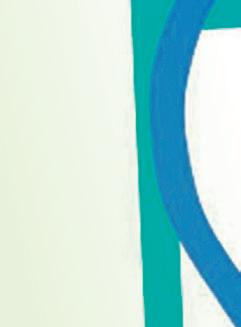



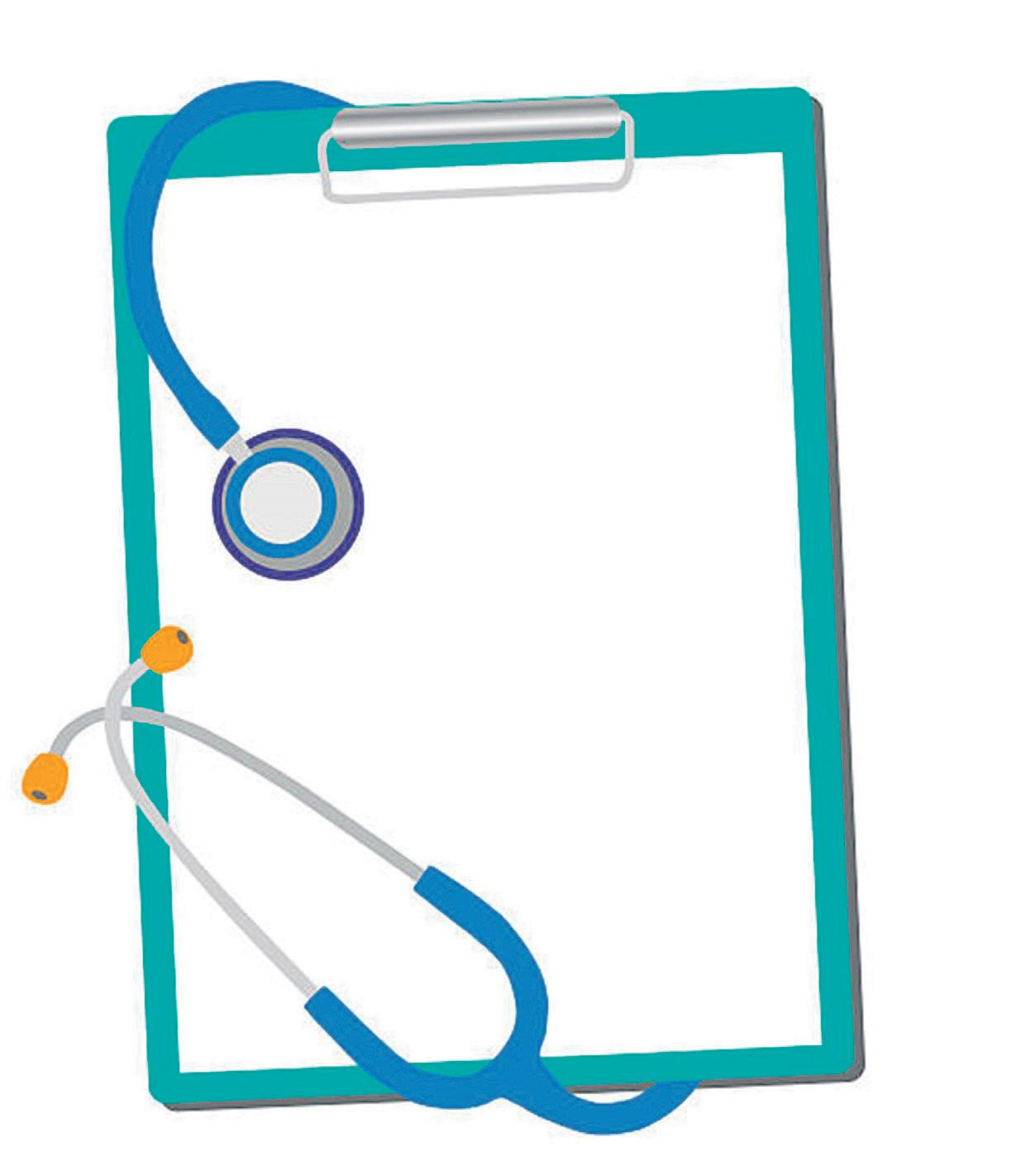





and is on the nurse prescribing pathway. This will allow her to prescribe from a schedule of common medicines for common and/or long-term conditions such as eczema, asthma, ear infections, and so on.
Emma works as a Practice Nurse at Whaiora three days a week, while also being a mum. She says she loves her job. She’s worked as a nurse in hospitals and rest homes and has been a casual district nurse. This is her fifth year in practice nursing, and she wouldn’t want to do anything else.
“I love the variety and the supportive team at Whaiora, as well as the degree of autonomy. All the kaimahi have di erent strengths and experiences and we work closely together, as we walk alongside our patients.”
Whaiora is a Hauora Māori provider, and so ‘walking alongside’ is an important concept.
Emma says she gets to do scripts, guided care for longterm needs such as diabetes, vaccines, smears, screening, and more. She’s upskilling on the nurse prescribing pathway. New tasks include iron infusions and taking blood.


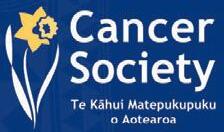


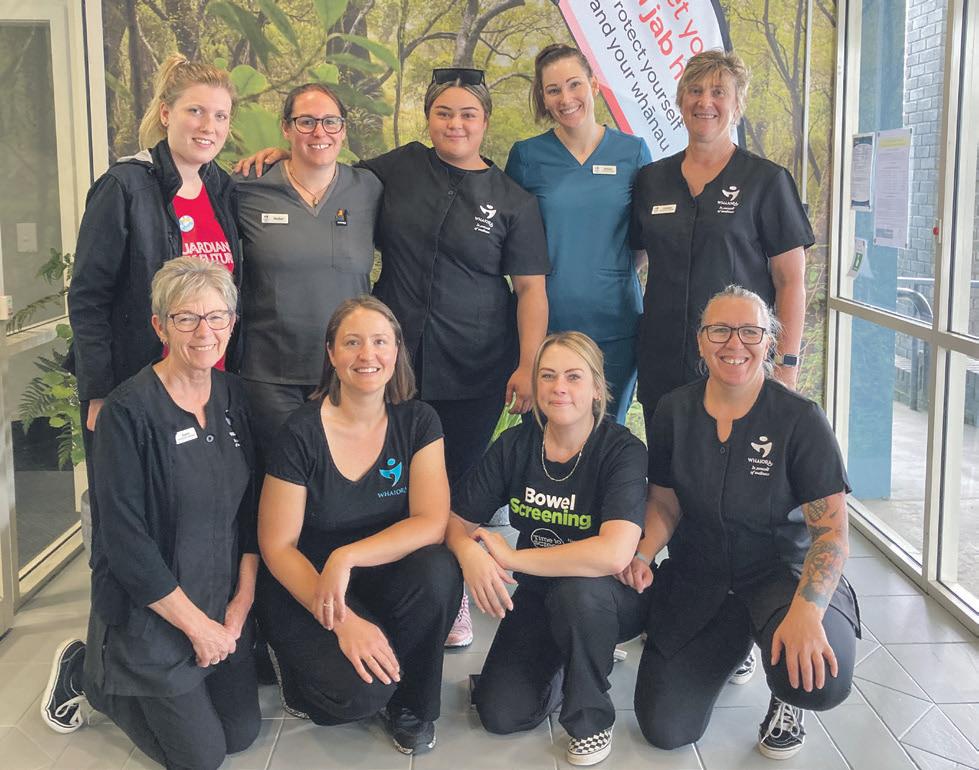
“We can get so many things done here, which helps take pressure o the labs and saves time.”
Kayla has recently moved over to the Practice Nurse team from the Well Child Tamariki Ora unit which is also part of Whaiora.
“One of the great things about nursing is that it is so transferable and portable. When you feel like you’ve given all you can in one area, you can move to another.”
This is particularly the case in Whaiora, with links to so many community outreach services such as Pae Ora, Whānau Ora,
Healthy Homes, Family Start, Stop Smoking, and Well Child Tamariki Ora. And the Practice Nurses can make referrals to these too. Cervical smears, for example, can be referred to an outreach service and carried out at home if women are not keen to come into the clinic.
Aimee makes an important point about immunisations. “Children do not need to be a client of Whaiora to be immunised. Immunisation can also take place either in the clinic or, if you prefer, at home. Our outreach immunisation coordinator Billie covers the whole of the Wairarapa district from Remutaka to Pahiatua.”

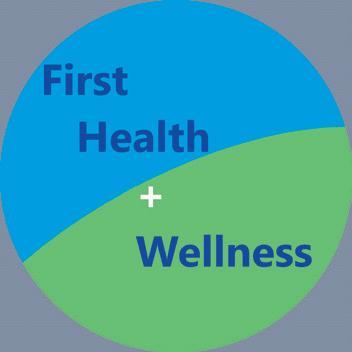


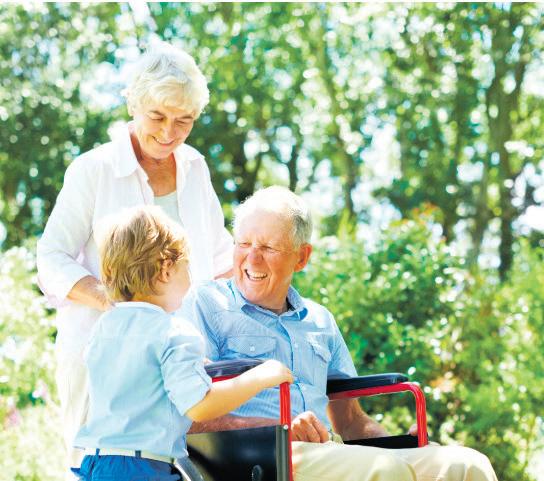

The Well Child Tamariki Ora team of registered nurses at Whaiora support and educate mama and whānau, by delivering Well Child Tamariki Ora checks for pepi and tamariki aged from four weeks to three years of age. These include developmental and physical assessments so parents can see their pepi progressing and meeting milestones.
Referrals to Well Child Tamariki Ora usually come from a midwife, with new parents able to choose either Plunket services or Well Child Tamariki Ora. The team at Whaiora covers the district from Pūkaha to the top of the Remutaka hill, and from the

We are a Nurse led clinic providing acute medical services to the Wairarapa Community and out of town visitors.
We are a registered Charitable Trust and charge a fee for service as we do not receive any funding from the Government at present.
Tararua hills out to Cape Palliser. The service is needs-based and entirely home-based.
Well Child Tamariki Ora Nurses get to help tamariki in their first 1,000 days: forming the foundation for their life trajectories.
“We’re committed to health promotion, education, wellness, and keeping tamariki and whānau well,” says Lemi, Kaiarataki, Nurse Team Lead for the Well Child Tamariki Ora team.
She’s been with the Whaiora team for four years and was
motivated to be part of this mahi because of her own experiences as a new mother.
Tessa has been with Whaiora for two years. Prior to that, she was nursing at the paediatric and special care unit at Masterton Hospital.
“I love this role,” Tessa says. “We get to stay with the tamariki for the first few years of their life – we can walk alongside them on their journey.”
Bronagh, a registered nurse for three years, has returned to Whaiora to work in Well Child Tamariki Ora and Georgie has returned to the team (where she previously worked for two years) after a break.
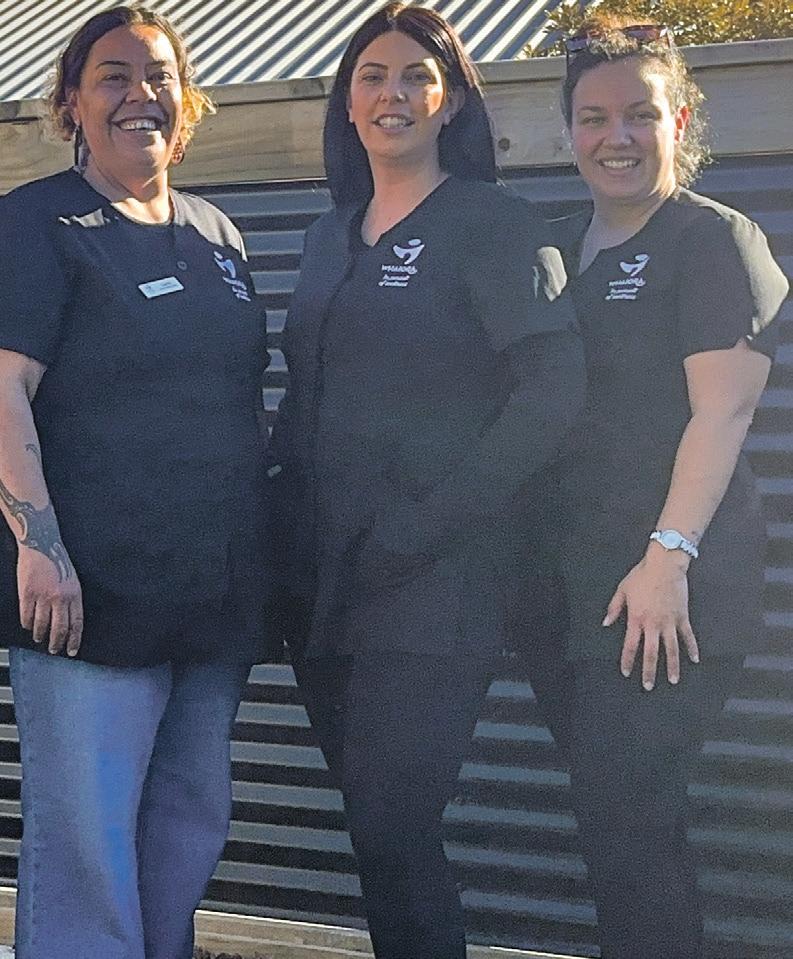
The Well Child Tamariki Ora team can refer whānau to other Whaiora and community social services for wraparound support.
The team members agree that working for Well Child Tamariki Ora is the perfect registered nursing role for people who want to work in their community and with their whānau. It’s a specialised nursing role in a supportive team.
“There’s lots of warm fuzzies and some heartache too,” as the team members walk alongside tamariki and whānau.

Have you got a photo you want to share with Wairarapa? Whether it’s a reader photo, a cutie, or a snap of you with your Midweek, email it to midweek@age.co.nz with ‘Midweek Photo’ in the subject line, and it could be featured in this segment.

where the sun’s light appears softer and redder when it’s lower in the sky.
the best time to get out and make photographs,” she said.
